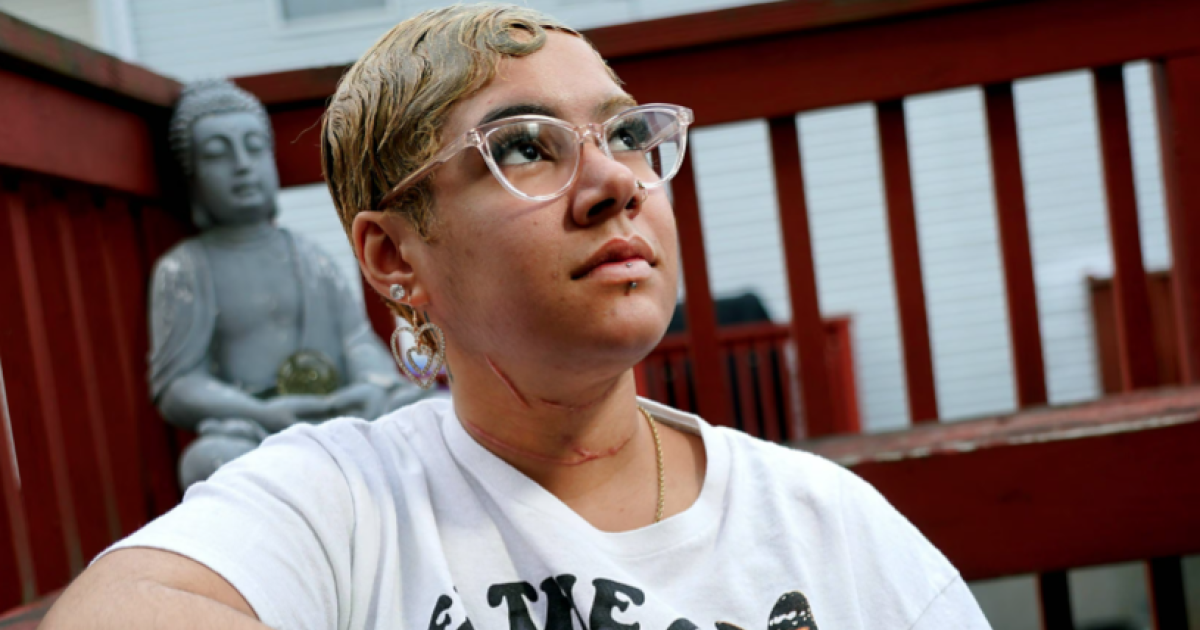Penalty Hearing Wrapping Up In Del. Police Killing
GEORGETOWN, Del. (AP) -- A psychiatrist testified Tuesday that a Maryland man convicted of a police officer's murder was not neglected as a child even though his parents have admitted that they verbally and physically abused him as a boy.
Testifying for prosecutors seeking the death penalty, Dr. Stephen Mechanick also rejected several findings of medical experts hired by defense attorneys who suggested that Derrick Powell of Cumberland, Md., suffers from a host of mental disorders affecting his behavior and his ability to reason.
Mechanick concluded that Powell is not the victim of child neglect after reviewing hundreds of pages of records describing Powell's troubled childhood, including documented abuse by his parents, alleged abuse by both grandmothers, and frequent outbursts at such a young age that he was kicked out of kindergarten.
"He wasn't neglected," said Mechanick. "He may not have had a great childhood."
Mechanick said there is no evidence that Powell was "understimulated" to the point that he would have suffered any lasting symptoms that could be attributed to neglect.
"Mr. Powell has parents who were involved with him. He went to school," he said.
Mechanick was expected to be the final witness in the penalty hearing for Powell, who faces the death penalty or life in prison without the possibility of parole after being convicted in the September 2009 shooting of patrolman Chad Spicer.
A single bullet struck Spicer in the face as he sat in the passenger seat of a police cruiser following the pursuit of a car carrying Powell and two other men. The pursuit began after Powell shot at a drug dealer he was trying to rob in the parking lot of a fast food restaurant.
Mechanick and neuropsychologist Thomas Swirsky-Sacchetti, also testifying for the prosecution Tuesday, both rejected theories proffered by defense experts that Powell has brain abnormalities that may have been caused by a lack of oxygen when he was born, or by head injuries he suffered as a child.
Swirsky-Sacchetti also said there were inconsistencies in answers that Powell gave when undergoing mental health evaluations by defense psychologist Sidney Binks.
"I think Dr. Binks sort of cherry-picked ... results he told you about," he said, adding that Powell's brain functioning appeared to be average in many respects.
Mechanick noted that many of the diagnoses made by defense psychiatrist Dr. Saadi Alizai-Cowan, including bipolar disorder and panic disorder, were based primarily on what Powell told her, even though he also made improbable statements. These included that he smoked marijuana daily at age 7, bought a house at age 10 and dropped out of school because he was making $20,000 a week selling drugs.
"He's what we call in the trade an unreliable informant," Mechanick said.
(Copyright 2011 by The Associated Press. All Rights Reserved.)



